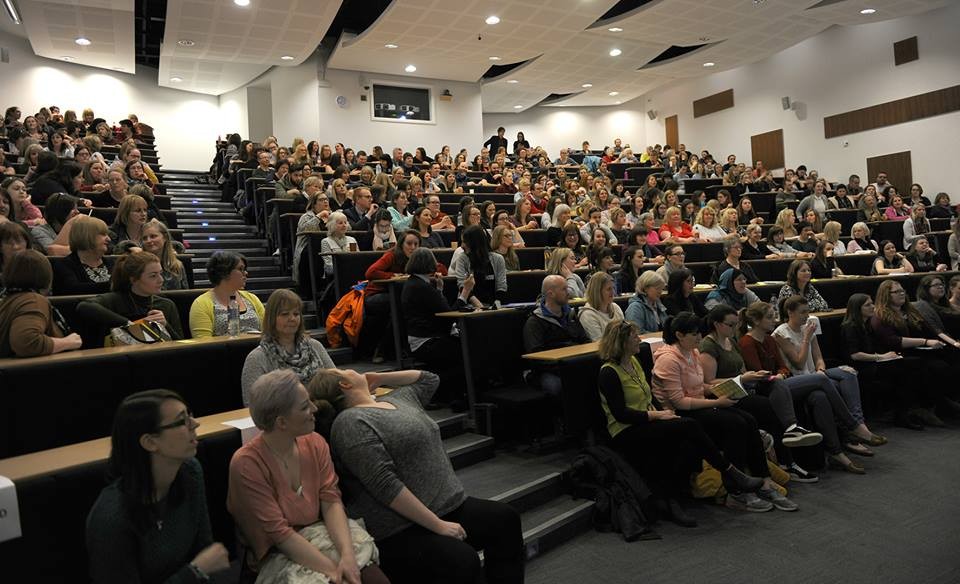Sadly, my time at Claypotts Castle Nursery is already over. However, it has been a truly fantastic learning experience. I have been able to have a hands on experience of working with early years children which I have not yet been able to do for more than a day. This has definitely made me feel a lot more confident now that I have my two schools for my third year placement. A few of my friends who have not been on the transition programme are slightly worried at what they are to do in the nursery and now having been into one for 8 afternoons, I feel a lot more confident and at ease at what I am expected to do in the nursery when the time comes.
Over the last two weeks, I have began to see the planning in the nursery and how lessons are taught in a play environment. After seeing the plans, the group lessons that the children have at the start and end of the afternoon all link back to the experiences and outcomes. This outcome is chosen by the group leader and they meet this in the same way a teacher would in the classroom – developing an idea that they feel would allow the children to develop to meet the criteria. There are also opportunities for the children to choose to engage in an informal lesson with one of the group leaders. This was so informal as it was through the children’s choice if they engaged in the activity that I was unaware of this happening until the second last and the last week. On the second last week, one of the practitioners had taken children to make pictures simply using felt which was to meet the experience and outcome EXA 0-02a (Scottish Government, 2009, p.3). The children created their pictures on their felt square with pieces of felt before covering them in water and fairy liquid and rubbing this in to make the pieces stick together. I assisted the practitioner to make notes and take pictures for the children’s observation for the learning journey folders. This was a very interesting opportunity as I was able to see the different abilities that were already prevalent in the children with the language development and ability to take turns and think about others. There was huge difference in the abilities and this is something I am definitely going to keep in the back of my mind for my third year placement.
On my final week, I was asked by a practitioner to work with a group of children to create an experiment. The practitioner had read that if you inflate a balloon indoors then put the balloon outdoors due to the cold weather, it should deflate overnight and if you then take it back inside to the warmth, then the balloon should inflate again. The children and myself worked on blowing up the balloons, only one of about seven children could blow up a balloon, which i thought was pretty impressive for a 4 year old. Before taking them outside and tying them to a tree. The children all had their names on their balloons and were excited to come back tomorrow to see if the experiment had worked. Although, there is not significant learning in this I believe, developing language skills in the children such as using the word experiment and asking them what they thought would happen through closed question ‘do you think the balloon will go down outdoors or do you think the balloon will stay the same?’ is developing their hypothesising skills for science which they will return to develop further in primary school.
Overall, the whole project has been so insightful. I have learnt a lot about how the nursery works. I have been able to see what children are like from a young age and how they can learn through play. I am truly thankful to Claypotts Castle Nursery for having me every Wednesday and my three lectures running the project for this opportunity. This has given me a big boost of confidence and taking away a lot of questions and nerves for returning to a school in February for my third year placement. I would definitely recommend if the opportunity is available to the upcoming years to take it!
Reference:
Scottish Government (2009) Expressive Arts: Experiences and Outcomes Available at: https://www.educationscotland.gov.uk/Images/expressive_arts_experiences_outcomes_tcm4-539863.pdf (Accessed: 09/12/16)


